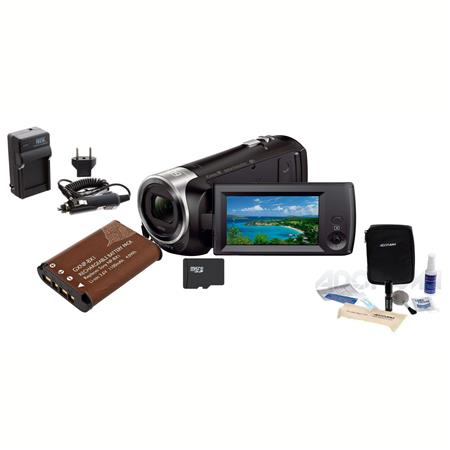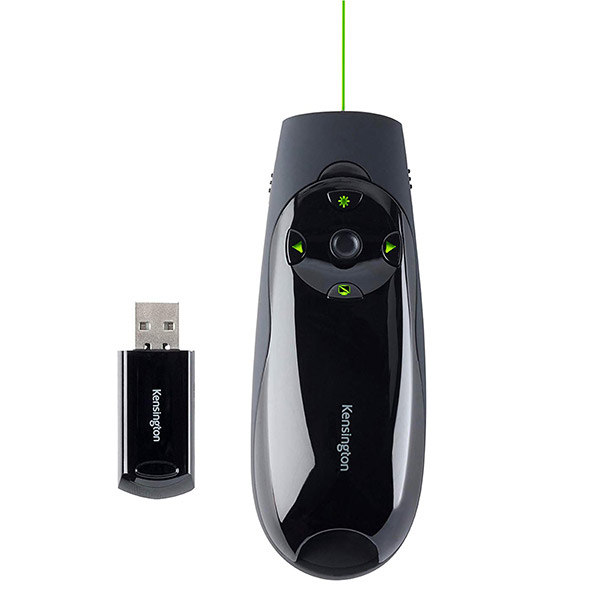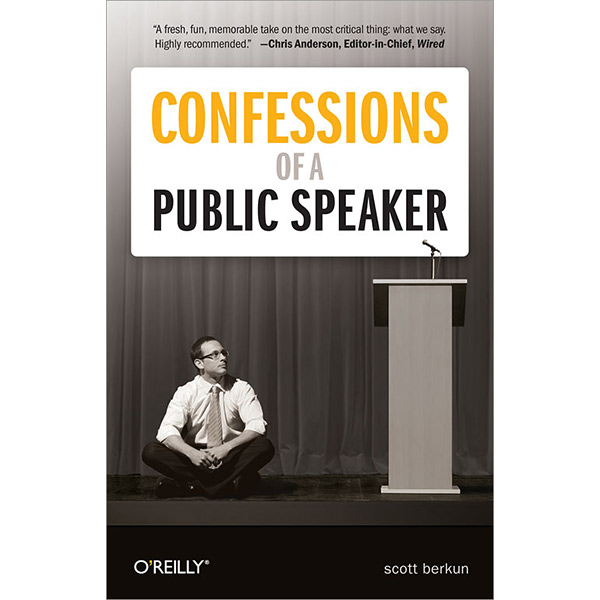There are certain times in your life that are going to involve ceremony, whether it is getting sworn into a local office, as a school board member, being named head of the PTA or perhaps officiating someone’s wedding. All these occasions are marked by certain ceremonial speeches.
So, how to make a good ceremonial speech? A ceremonial speech is not about you. Usually it focuses on and celebrates someone’s values and accomplishments and gives the audience hope for the future. Therefore, take the spotlight off of you and put it on the celebrated person, event or occasion.
A ceremonial speech is not the time to start telling stories or all the other normal things of stagecraft. It is the time to honor someone or something, so stick to the script. Easier said than done. Therefore, this post is going to show you how to prepare a good commemorative speech.
So, let’s hop in now.
As a side note: there’s a lot more to public speaking you should know so I wrote a guide about best public speaking books to read. Check out these books here.
Table of Contents
What is a ceremonial speech?
A ceremonial speech is by definition a formal speech. I get nervous when people use the phrase “formal speech,” because typically what the average speaker means is that they want to have license to do a boring data dump to enumerate everything they’ve done in the last quarter.
It may feel formal because you’re in a stuffy boardroom and the people to whom you’re talking are important. But if you make it formal in the sense of “I’m going to be stiff and straight and read for 20 minutes,” then that’s not a formal speech – that’s an awful speech.
Put the spotlight back on the occasion
Ceremonial presentations are different. You’re not trying to come up with new concepts and you’re not trying to dazzle people with your cleverness or with your original ideas.
In fact, this is a time to take the spotlight off of you and put the spotlight on a person, event, office or occasion – whether it’s the wedding or whether it’s the funeral.
Your main goal is to praise or pay tribute
The main goal of the ceremonial speech is to praise (or pay a tribute to) a person, an institution, an event or an idea.
Focus on the values
A ceremonial speech is not an informative or persuasive speech. Usually it focuses on and celebrates someone’s values and accomplishments, and if it is well done, it gives the audience hope for the future.
It’s a way of getting people to reflect on larger and eternal values – things that are not new and things that are not associated with your ideas.
So that’s what’s different about ceremonial speeches. In some ways it does make it easier. You don’t have to go out of your way to juice it up or to make it more invigorating or exciting.
You’re not trying to put your personal stamp on a ceremonial speech.
So please keep in mind that this is the one time when you’re giving a presentation where your personality shouldn’t overwhelm your message.
Recommended books
What is the difference between a ceremonial speech and a commemorative speech?
Basically, they are synonyms and there is no difference between a ceremonial speech and a commemorative speech. Sometimes you may also hear that someone says something about an “epideictic speech” and this is also a synonym for a ceremonial speech.
All these speeches have to highlight the main reasons of the event and, if possible, inspire your audience.
What are the types of ceremonial speeches?
Here are some types of the ceremonial speeches:
- Eulogy
- Wedding toast
- Farewell speech
- Acceptance speech
- Nomination speech
- Goodwill speech
- Dedication speech
- Presentation speech
- Roast
- Introductory speech
- Retirement speech
- Graduation speech
- Tribute speech
Why are ceremonial speeches important?
First of all, I want to commend you for taking the whole concept of ceremonial speeches seriously.
Too many people say, “Well, you know… it’s just uttering a few words; it’s just procedures, really. No big deal.” And then they get up, they’re nervous, they’re uncomfortable and maybe there are tears in their eyes. All sorts of things can go wrong when you’re giving a short ceremonial speech.
Here’s the thing though: for many people in the audience – and these days people watching on YouTube – if you get it wrong that could be your legacy. That could be what people talk about – your mistakes.
So, you don’t want to get it wrong.
You want to prepare, but I must tell you that it’s a different sort of preparation. It’s not like preparing a 60-minute keynote speech. Also, it doesn’t involve PowerPoint. A ceremonial speech seems deceptively simple but it can still be easy to screw up if you trip over words.
Look no further than Barack Obama’s inaugural address in 2012 where Chief Justice Roberts kind of messed it up. And believe it or not, there was even some frivolous lawsuits saying that Barack Obama wasn’t legally entitled to hold office because he got one of the words wrong with his oath of office.
The point is: you’ve got to take it seriously. If you don’t get it just right it can cause all sorts of headaches and that’s why it does take some preparation, thought and planning.
How to prepare for a commemorative speech?
If you are at some sort swearing in ceremony where you have to use official wording, then my biggest tip for you is:
- Type it up
- Blow it up
- Make it fill your sheet by using a huge font
Make your notes big
If the text is really long (and by long, I mean more than 35 words) then you can also do it, although ideally it fits on a single sheet of paper. That way you’re not fumbling with glasses. You can simply glance down, scoop up a few words and keep going.
This keeps you on track.
Useful reading: “How to Use a Teleprompter During your Speech? A Complete Guide”
Your cheat sheet needs to be usable
The problem most people have if they type the speech in normal font size is that they have to hold the script close to their face and sometimes lean on the paper.
So, what happens is people sometimes squint and that’s the reason they get a word or phrase wrong or they start with the wrong sentence. Then they have to go back, repeat or correct.
Don’t set yourself up for failure. Have your speech ready with nice gigantic text so you don’t have to memorize anything.
And the pressure’s off.
Useful reading: “How to Outline a Presentation: A Complete Guide From a Pro”
Focus on the task at hand
When you’re giving a ceremonial speech, focus on the task and moment at hand. That means it’s not all about “me-me-me.”
At the beginning of the ceremonial speech, I wouldn’t talk about, “Oh gosh! This is such a big honor. Well I’m so honored.”
There may be a point later on when you do have free reign to speak about the event and what’s going on. But for the official ceremonial part, don’t talk about what an honor it is for you.
Also, don’t talk about how nervous you are. “Oh my gosh, I’m so nervous! I hope I don’t mess up the oath of office.”
It’s not about you. It’s about what is actually going on and the institutions involved. So, don’t make everything about you – just deliver the presentation.
Useful reading: “10 great tips on how to give a killer speech without notes?”
Don’t memorize your speech
If you are speaking at an event where someone has to repeat your words, then reading from one sheet of paper will be a lot easier for them, too. And it just takes all the pressure off things, because the thing about ceremonies is there’s lots of emotion.
For example, it may be the crowning achievement of your life to be sworn in as president of the American Bar Association and therefore you may be incredibly happy.
But when you’re feeling all these emotions, that’s the worst possible time to put extra pressure on your brain to recall information. So, don’t put that extra pressure on yourself.
And if you need to the just glance down at the words and read – there’s nothing wrong with that whatsoever for a ceremonial speech.
But, if you still decide to memorize your speech, then take a look at this article here: “How to memorize a speech in less than an hour?”
You need good volume
All of a sudden, you’re standing in front of more people than you’ve ever stood in front of in your life. Now you have stage fright and you’re nervous. You shrink up, your vocal cords tighten and you are whispering.
It is normal to be nervous during your speech. Sometimes it happens that you’re so nervous and quiet that people can’t understand you. It’s a common problem.
I’m not suggesting that you be bombastic and yelling at people, but you need good volume because what’s the point of the ceremony and people gathering if they literally can’t hear you?
So, if you practice your commemorative speech at home, make sure that you’re loud enough.
Useful reading: “How to Use Your Voice Effectively in a Presentation?”
Don’t rush
The next thing I want to point out is if you’re nervous you can lose perspective of your speed, resulting in speaking too quickly. But if you’re rushing, you’re going to look scared. You’re going to look nervous.
You’re going to look uncomfortable and people are going to stop focusing on the ceremony and instead start focusing on you.
And as you’ve heard me say – the focus shouldn’t be on you, whether you’re comfortable, uncomfortable, nervous or any of that.
The focus should be on the ceremonial aspects of what’s going on. That’s why it’s critically important you don’t rush.
Videotape yourself
The best way to practice your speech is by recording yourself. So, take a camera and capture yourself giving a ceremonial speech. Now, take a look at the video you made and write down everything you liked about it and everything you didn’t like about it.
After that, repeat taping as many times as needed until you’re feeling comfortable and happy. If you do that, I guarantee you’re going to be in great shape.
Final thoughts: How to give a ceremonial speech?
If after reading this article you think that this is a large bite to swallow, just remember some of the basics:
- Have a cheat sheet
- Don’t memorize, don’t rush
- Think about speed and volume
- Focus on the task at hand
Usually this is probably a day of celebration. Of course, there are exceptions; funerals, obviously.
But if it is a day of celebration, let that smile come across your face when you’re speaking. If it’s a certain honor, or if you’re being sworn into a major office, let the honor exude and just come out of your pores and let it shine through your voice.
Do that and you will be in great shape for your ceremonial presentation and all the other presentations you give.
Related questions
How long should a ceremonial speech be? Usually the length of the speech is up to five minutes but this is not a rule of thumb. Mostly it depends on the event; therefore, you should ask from the organizer how much time they expect you to speak. Be aware, though, that less is always more.
What is the purpose of an acceptance speech? During the acceptance speech, you have an opportunity to show your honest appreciation for the award given and thank the people who helped you along the way. Like a ceremonial speech, an acceptance speech is not about you.
How do you greet the audience in a speech? Keep your greeting short and simple. Grab the attention of the audience, get the members of the audience involved and start with the introduction of your speech.
Recommended books on how to write a ceremonial speech
Alan Perlman
Max Atkinson
















